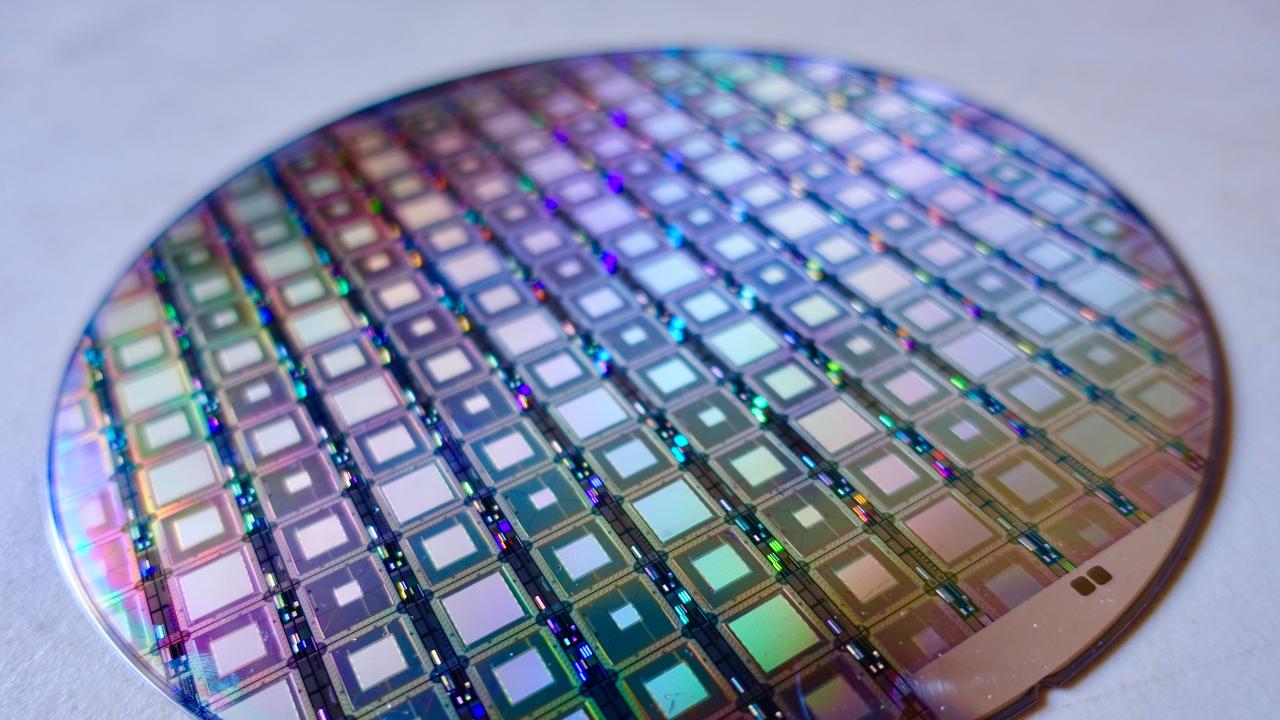
ICTP senior research scientist Rosario Fazio, head of the Centre's Condensed Matter and Statistical Physics (CMSP) section is among the recipients of the 2019 Google Faculty Research Awards, dedicated to outstanding researchers in computer science and related fields. Google’s quantum research programme supports world-class faculty pursuing cutting-edge research in quantum computing, through funding, active exchange and mutual support. The goal of the programme is to foster collaborations between international scientists and Google researchers in areas of mutual interest, such as physics, computer science, engineering and machine learning.
Other recipients include ICTP distinguished staff associate Boris Altshuler (Columbia University) and ICTP Diploma Programme alumnus Juan Carrasquilla (University of Waterloo), demonstrating ICTP’s prominence in innovative fields such as quantum computing and quantum information.
Fazio’s research on quantum information is in line with Google’s interests in supporting research into quantum algorithms and quantum computing applications.
“The project concerns the study of entanglement in the architecture that underlies the quantum computer designed by Google,” said Fazio. “The purpose of the project is essentially to better understand, through the study of these quantum correlations, the potential and strengths of their machine. But the study has also a more general basis, and therefore it can be applied to other kinds of architectures.”
Fazio has been collaborating on the project with Altshuler, the co-PI of the project, along with CMSP emeritus scientist Vladimir Kravtsov and Fernando Iemini, a former ICTP post-doctoral student and now a junior associate.
Although the research does not have a direct commercial purpose and application, it is in line with the new Google policy of supporting not only practical product-oriented research but also more fundamental research, based more on a pure scientific curiosity and long-term projects.
Fazio’s team will benefit from this collaboration by having access to Google’s quantum computer resources, allowing the team to better investigate Google's computing power and possibilities for research. “We have already started a close collaboration with the Google theoretical group,” added Fazio, “and we hope that the collaboration will be consolidated over time.”
















